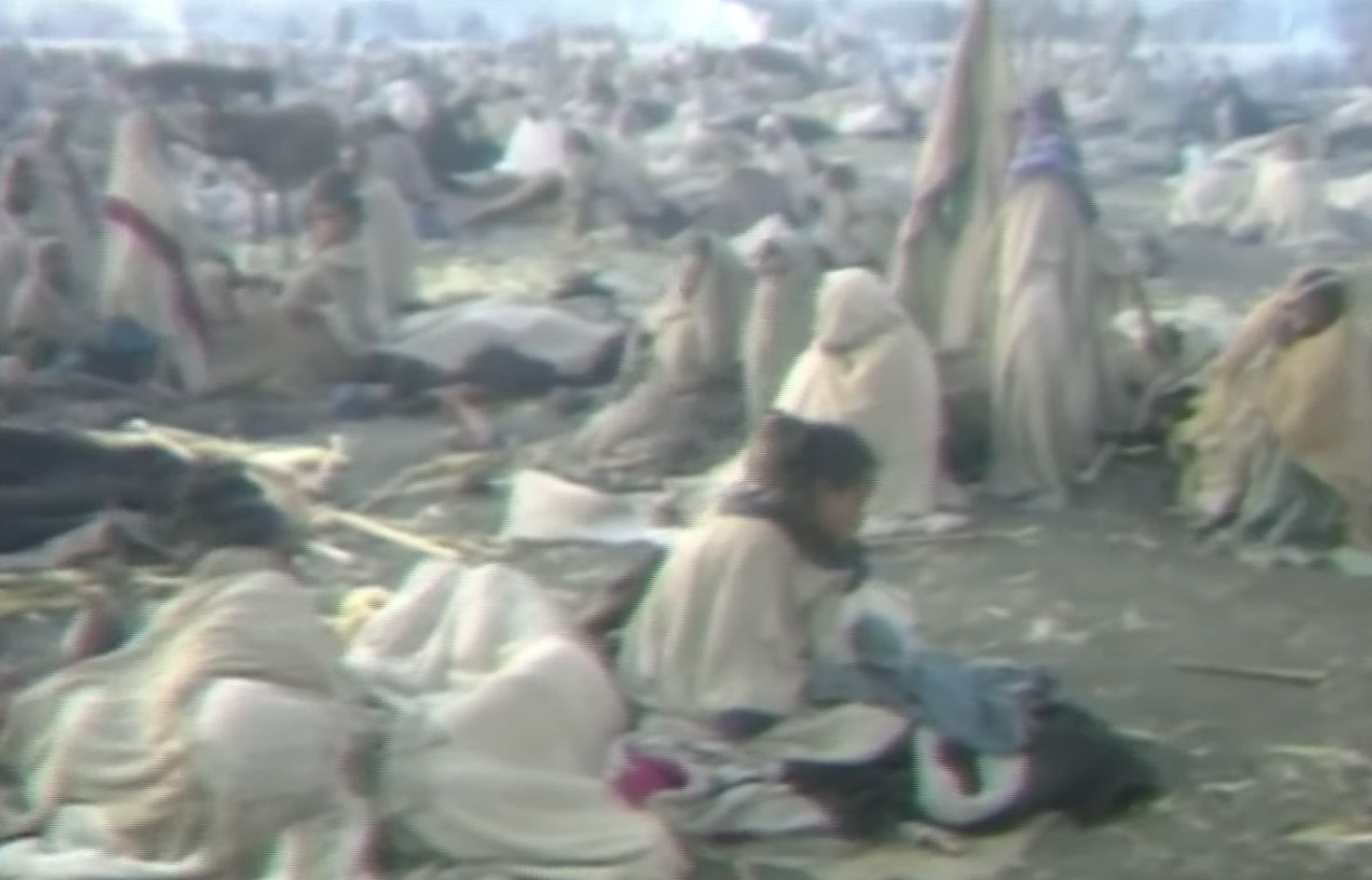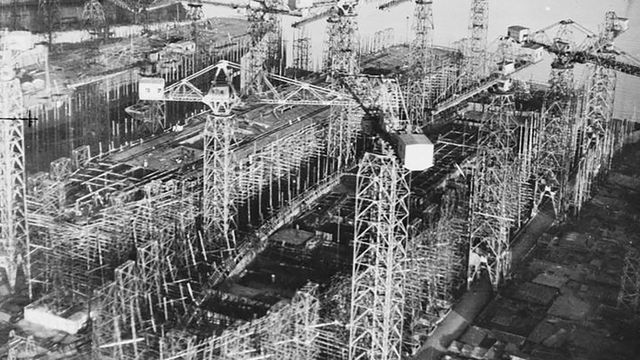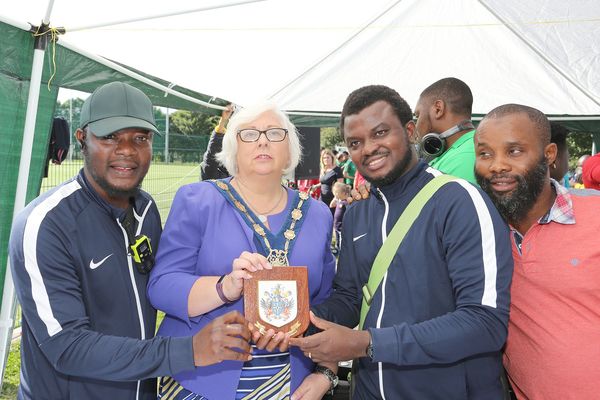IT is tempting to compare the devastating Irish famine of the mid-19th century to the Ethiopian food disaster 140 years later. The Ethiopian famine went on for three years while the Irish one lasted nearly ten years. These two terrible narratives can fit into one glove, that is, the man-made causes of both disasters.
In Ireland, the then colonial power, Britain, had her landowners keeping food prices artificially high and at the same time the government refused to license the distribution of surpluses to the poor Irish. People were dying essentially because they could not afford the food which was actually there. At the time, extensive commercial and agricultural wealth did not belong to the poor Irish, obviously. There was token emergency famine relief for the poorest of the poor and that was part of the state-manufactured famine.
In Ethiopia, every single element of their famine was created by the state. When Bob Geldof, an Irishman co-wrote and sang of the Ethiopian disaster, ‘Do They Know It’s Christmas?’, the Ethiopian government of dictator Lieutenant Colonel Mengistu Haile Mariam crafted a denial that his regime was to blame. The civil war in the country made matters worse. In the long run, the Ethiopian civil war ended up splitting the country, hence the birth of Eritrea.
They have also come to rebuild their lives from scratch like the Irish did when they escaped the Great Hunger of the 19th century. It should actually be a normal thing now that the Irish should be able to understand even the most recent Horn of Africa people whose flight was as a result of state capitalist manipulation of access to food and other agricultural products.
Millions of Irish women and men fled the famine to America. Today, thousands of Eritreans and Ethiopians are escaping their motherland because of state-sponsored official intolerance. People are rounded and locked up in both countries because the governments do not appreciate any form of public dissent and while all this is happening, there is always a looming drought that the government is struggling to cope with. In the Tigray part of Ethiopia where there has been a civil war in the past year, food is now a weapon of war.
Parts of the land are being pacified through the state security apparatus refusing to allow international emergency food trucks to cross into Tigray.
Evidence of Ethiopian Airlines has been shuttling weapons between Ethiopia & Eritrea in #Tigray war@POTUS @StateDept @SenateForeign @HouseForeign @ChrisCoons @SenatorMenendez @Haavisto @JanezLenarcic @hrw @amnesty @UNHumanRights @dfatirl @UKParliament
— Seifesilassie Gebremeskel (@SeifGebre) October 7, 2021
pic.twitter.com/cFzmNn1YFh
Belfast has become home to many Eritreans, Ethiopians, Somalis and Sudanese, the region commonly known as the Horn of Africa. They have come here, each with their own individual stories, but in the sense that these countries have had a long spell of instability, many of the people who left those regions have actually said goodbye to economic, social and political turmoil. They have also come to rebuild their lives from scratch like the Irish did when they escaped the Great Hunger of the 19th century. It should actually be a normal thing now that the Irish should be able to understand even the most recent Horn of Africa people whose flight was as a result of state capitalist manipulation of access to food and other agricultural products.
These are conversations that can help to boost integration between the local people and new citizens. For those Irishmen and women who would actually want to know more about their new neighbours and the good they bring to this country, contact the Horn of Africa People’s Aid NI. Their contact person is Suleiman Abdulahi and you can call him on 028 9031 5778.
•We are all still waiting for the PSNI to take action to find what really happened to Noah Donohoe, the young Irish-African boy who has everyone’s hearts sad and full. We are waiting; Noah’s mother, father and the rest of the family deserve the truth.








